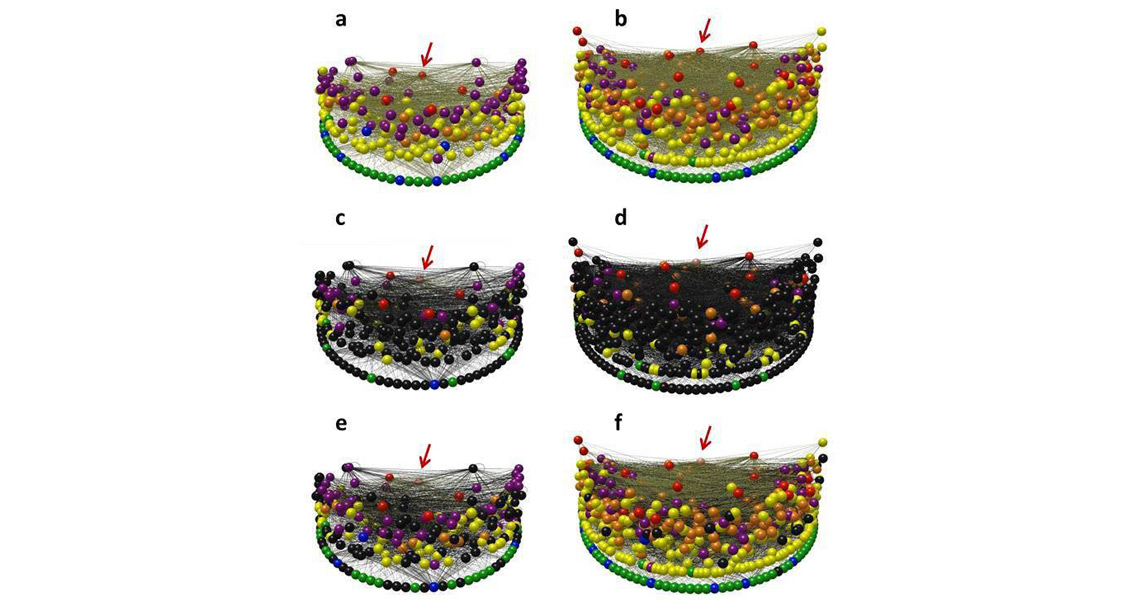<![CDATA[New research into the behavior of hunter-gatherer societies has revealed that both ancient and modern communities can have a stabilizing effect on local ecosystems. The research study, headed by Jennifer Dunne; the Vice President for Science of the Santa Fe Institute, revolved around the inhabitants of Sanak Island, one of Alaska’s Aleutian Islands. Dunne’s team discovered that while historically the local Aleut people might have survived by being super-generalist predators, their actions when it came to food gathering had a positive effect on the ecosystem overall. In a press release from the Santa Fe Institute, Dunne remarked that this new research project is the first of its kind to incorporate humanity in ecological network data gathering. This allowed the team to discover how complex ecological networks are impacted by human behavior and the roles humanity can play, especially when it comes to sustainability. The Sanak Aleuts have inhabited the region for approximately 7,000 years, and in that time they've relied upon the mammal and fish populations in the waters around the island, supplementing their diet with algae and shellfish as well. Through a combination of ecological data-gathering, collecting oral history accounts from elder Aleut community members and taking a catalog of the shells and bones discarded in midden heaps, team members say they have constructed a detailed image of local marine food webs. The data revealed that the Aleut fed on around 25 percent of the species they had access to – a figure that dwarfed the other predators nearby. Such a varied diet put the Aleut in a category of super-generalist predator; like other species with the classification, the local community would routinely switch their favored prey whenever its population decreased or if the environmental conditions blocked access. Food webs with prey-switching predators rarely experience extinctions, thanks to the stabilizing nature of a predator backing off of a dwindling prey population, according to Dunne. Even the advantages that the Aleut’s human ingenuity provided over non-human predators did not seem to strain the local food webs, according to the research study. The simple but effective technologies employed, such as kayaks, spears, and fish hooks were found to aid in the Aleut’s ability to hunt, but these more intensive hunting methods, as long as they were localized to a small number of prey species, were unlikely to cause much extinction. This, plus the regular prey-switching, helped to spread out the pressure on the local food web – something that is not present in modern fishing endeavors, the scientist pointed out. The research study, which was recently published in the journal Scientific Reports, can be found online here Image courtesy of Santa Fe Institute]]>
Hunter-Gatherer Behavior Stabilizes Local Ecosystems
